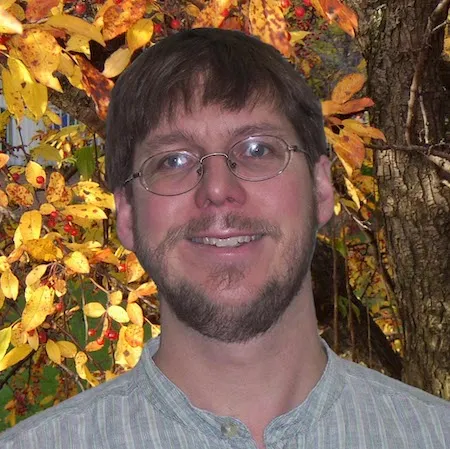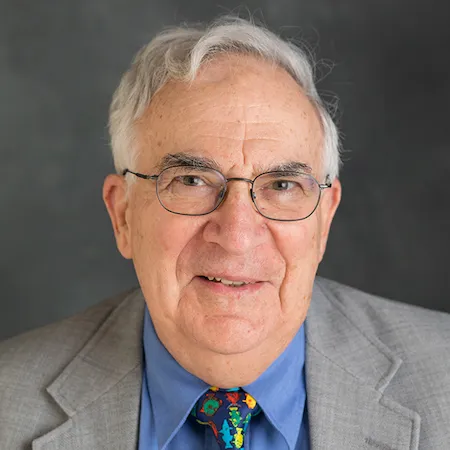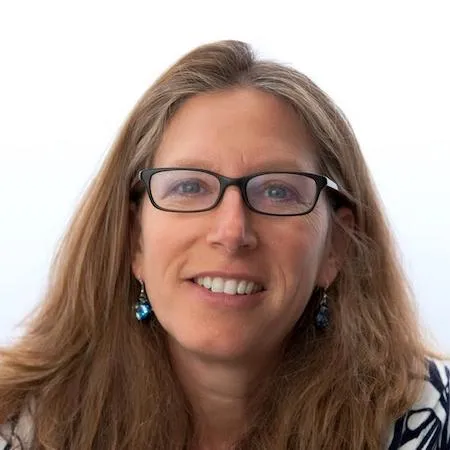The ecology workshop brought together four scholars to discuss theories and methods used in ecology to study socio-environmental questions and systems. Over the course of the first two days, each scholar presented several lectures on their area of expertise, and participants were given time to reflect upon and further discuss the content of the presentations in small group discussions and informal conversation during the second half of the workshop. Scholars focused their presentations on several subdisciplines and the specific focus of their approach and work and situated this knowledge within the broader field of ecology.
Presenters & Topics Covered
- Dr. Brian McGill, Professor of Biology and Ecology at the University of Maine
- History of Ecology; Macroecology
- Dr. Bill Fagan, Professor of Biology at the University of Maryland
- Population and Spatial Ecology
- Dr. Daniel Simberloff, Gore Hunger Professor of Environmental Science at the University of Tennessee
- Community Ecology
- Dr. Whendee Silver, Professor and Rudy Grah Chair of the Department of Environmental Science, Policy, & Management at the University of California Berkeley
- Ecosystem Ecology
An edited video recording of each lecture is available below, along with a written summary of the lecture contents, an associated reading list, and the scholar’s slides. A full playlist of the video lectures is available here.
Presenters

Brian McGill
Dr. Brian McGill studies how human impacts (especially climate change and land-use change) are impacting biodiversity at different scales. He is a Professor at the University of Maine with a joint appointment in the School of Biology and Ecology and the Mitchell Center for Sustainability Solutions and a courtesy appointment in the Climate Change Institute. Much of his work centers on big data. He frequently collaborates with social scientists, including on past SESYNC projects. He is currently serving as Editor-in-Chief of the journal Global Ecology and Biogeography and has lots of opinion...

Brian McGill
Dr. Brian McGill studies how human impacts (especially climate change and land-use change) are impacting biodiversity at different scales. He is a Professor at the University of Maine with a joint appointment in the School of Biology and Ecology and the Mitchell Center for Sustainability Solutions and a courtesy appointment in the Climate Change Institute. Much of his work centers on big data. He frequently collaborates with social scientists, including on past SESYNC projects. He is currently serving as Editor-in-Chief of the journal Global Ecology and Biogeography and has lots of opinion about how to get published and the trends in the publishing landscape. He is one of three bloggers on the ecology blog, Dynamic Ecology. He has previously been on the faculty at the University of Arizona and McGill University and got his PhD and postdoc at the University of Arizona and Michigan State University respectively.
William F. Fagan
Dr. William (Bill) Fagan was part of the initial leadership team at SESYNC, helping to develop the ideas behind SESYNC, obtain National Science Foundation funding, and design the Center’s operational procedures. Bill served as Director for Research Innovation at SESYNC for two years, and in that role, he identified opportunities for synthesis research and recruited internationally respected scholars to conduct group research at the center. He also played a large role in coordinating interactions between SESYNC and its international partners, including the Helmholtz Centre for Environmental...
William F. Fagan
Dr. William (Bill) Fagan was part of the initial leadership team at SESYNC, helping to develop the ideas behind SESYNC, obtain National Science Foundation funding, and design the Center’s operational procedures. Bill served as Director for Research Innovation at SESYNC for two years, and in that role, he identified opportunities for synthesis research and recruited internationally respected scholars to conduct group research at the center. He also played a large role in coordinating interactions between SESYNC and its international partners, including the Helmholtz Centre for Environmental Research (UFZ) and German Centre for Integrative Biodiversity Research (iDIV) in Germany. Bill is a Distinguished University Professor in the Biology Department at the University of Maryland. Over the years, he has worked on a diverse array of topics in theoretical ecology, conservation biology, and spatial ecology. He received his PhD from the University of Washington in Zoology in 1996.
External Links:
https://scholar.google.com/citations?hl=en&user=lApw3oUAAAAJ&view_op=list_works&pagesize=100

Daniel Simberloff
Dr. Daniel Simberloff is the Nancy Gore Hunger Professor of Environmental Studies and director of the Institute for Biological Invasions at the University of Tennessee in Knoxville. Daniel is a biologist and ecologist who earned his PhD from Harvard University in 1969. He studied ecology as a student of the biologist EO Wilson, one of the coauthors of the theory of island biogeography. For his PhD dissertation, he was the first to test this theory experimentally in Floridian mangrove systems, producing studies such as the 1969 paper, “Experimental Zoogeography of Islands: The Colonization of...

Daniel Simberloff
Dr. Daniel Simberloff is the Nancy Gore Hunger Professor of Environmental Studies and director of the Institute for Biological Invasions at the University of Tennessee in Knoxville. Daniel is a biologist and ecologist who earned his PhD from Harvard University in 1969. He studied ecology as a student of the biologist EO Wilson, one of the coauthors of the theory of island biogeography. For his PhD dissertation, he was the first to test this theory experimentally in Floridian mangrove systems, producing studies such as the 1969 paper, “Experimental Zoogeography of Islands: The Colonization of Empty Islands,” which is considered a seminal paper. Daniel is very active on the issues of invasive species, studying the susceptibility of ecosystems to invasion from exotic species, the practical implications of these invasions, and the potential interactions between invasive species including the potential for invasional meltdown—in which the introduction of exotic species facilitates the establishment and invasion of other exotics. Daniel has received several awards, including the Eminent Ecologist Award in 2006 from the Ecological Society of America, and he has published books and more than 350 articles in scientific journals. He is a past president of the American Society of Naturalists and was a member of the National Science Board from 2000 until 2006.

Whendee Silver
Dr. Whendee Silver is the Rudy Grah Chair and Professor of Ecosystem Ecology and Biogeochemistry in the Department of Environmental Science, Policy, and Management at the University of California, Berkeley. She received her PhD in Ecosystem Ecology from Yale University. Her work seeks to determine the biogeochemical effects of climate change and human impacts on the environment, and the potential for mitigating these effects. The Silver Lab is currently working on drought and hurricane impacts on tropical forests, climate change mitigation potential of grasslands, and greenhouse gas dynamics...

Whendee Silver
Dr. Whendee Silver is the Rudy Grah Chair and Professor of Ecosystem Ecology and Biogeochemistry in the Department of Environmental Science, Policy, and Management at the University of California, Berkeley. She received her PhD in Ecosystem Ecology from Yale University. Her work seeks to determine the biogeochemical effects of climate change and human impacts on the environment, and the potential for mitigating these effects. The Silver Lab is currently working on drought and hurricane impacts on tropical forests, climate change mitigation potential of grasslands, and greenhouse gas dynamics of peatlands and wetlands. Whendee is the lead scientist of the Marin Carbon Project, which is determining the potential for land-based climate change mitigation, particularly by composting high-emission organic waste for soil amendments to sequester atmospheric carbon dioxide. The Silver Lab was awarded the Innovation Prize by the American Carbon Registry (2015) for this work. Professor Silver is a fellow of the American Geophysical Union, the Ecological Society of America, and is a Kavli Fronteirs of Science Fellow.
